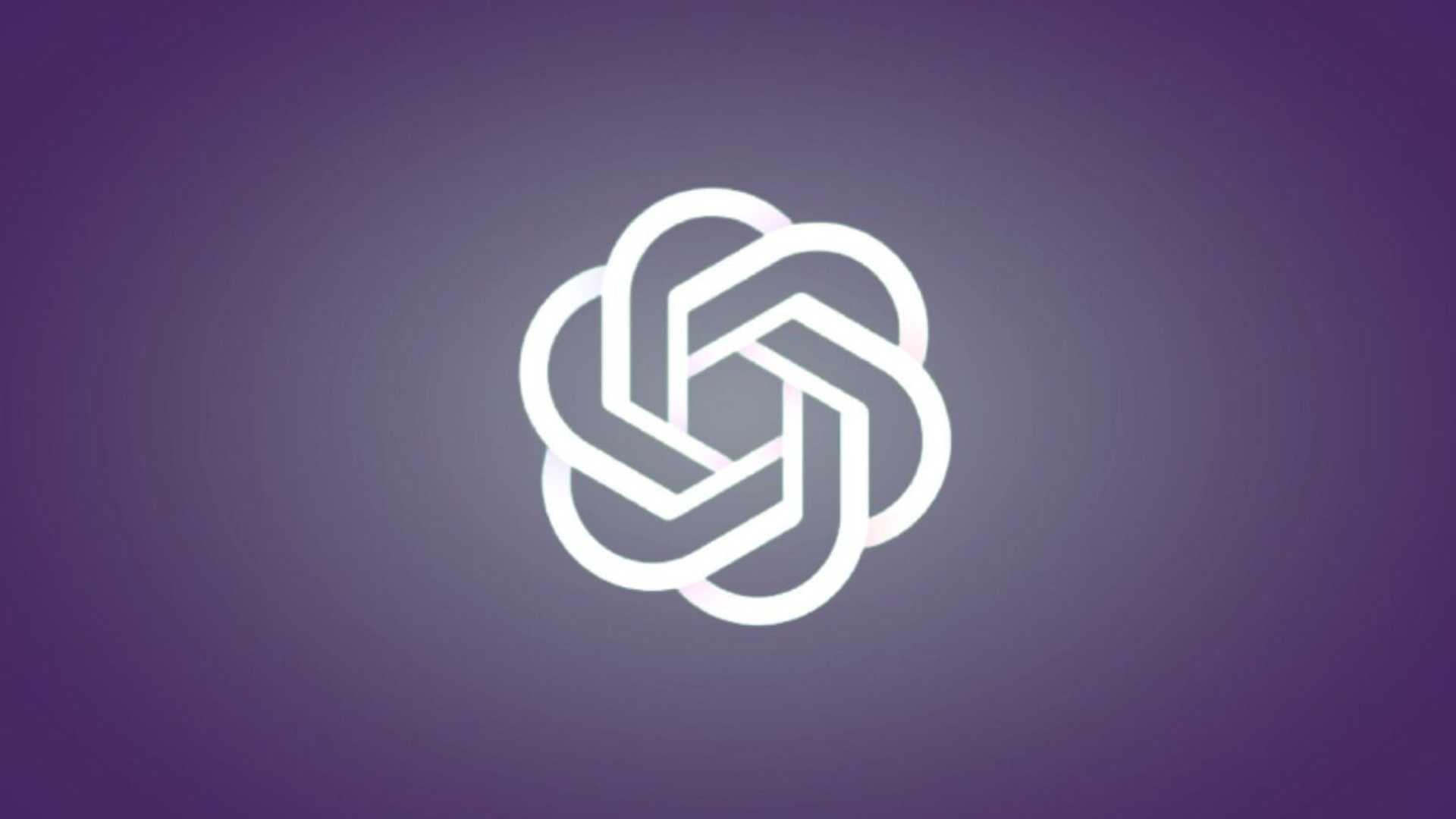Is ChatGPT Secure?
ChatGPT, an AI-powered messaging application, has gained enormous popularity in a very short time. It boasts of more than 100 million users worldwide. However, while it has its perks as a personal assistant, it also poses significant security and privacy concerns.
The technology behind ChatGPT and other chatbots is similar, but ChatGPT stands out as a unique application. Cybercriminals can exploit it to write malware, create fake news, generate phishing emails, scam websites, and other malicious activities. This makes ChatGPT a significant cybersecurity threat to users, according to an analysis by Bleeping Computer.
Reports of some users being able to view others' conversation titles have also raised concerns about unaddressed vulnerabilities in ChatGPT, as CEO Sam Altman of OpenAI, the company behind ChatGPT, attributed the issue to a bug in an open-source library. Therefore, it is crucial to limit what you share with the chatbot as it collects a substantial amount of data by default, which can be leaked accidentally or intentionally.
Privacy risks associated with ChatGPT
Common Sense, a US-based non-profit organization, evaluated ChatGPT's privacy policies and scored it 61%. The evaluation revealed that ChatGPT collects Personally Identifiable Information (PII) and other sensitive data, which it stores or shares with specific third parties. The database used by ChatGPT is constantly expanding, and it stores every information shared by its users.
As a result, users ought to be cautious when using ChatGPT, particularly for work purposes or sensitive information processing. What users share with the chatbot should be limited to what they would be comfortable sharing publicly.
The future of AI chatbots
AI technology will be regulated someday, but it will still pose security threats. It is crucial to increase awareness about security risks associated with AI, which will help ensure responsible development and usage of AI technologies.
Chatbots like ChatGPT will become an integral part of search engines, voice assistants, social networks, and various other industries, including finance, healthcare, and education. This will revolutionize the cybersecurity space, and the importance of securing these AI applications cannot be overstated.
Conclusion
The dawn of AI has brought new technological advancements but has also posed security and privacy risks. ChatGPT offers personal assistance to users, but it has also exposed vulnerabilities that can be exploited by cybercriminals. Users should be aware of privacy risks associated with ChatGPT and limit the information they share with the chatbot. The future of AI chatbots is bright, but their security should be a top priority.




















